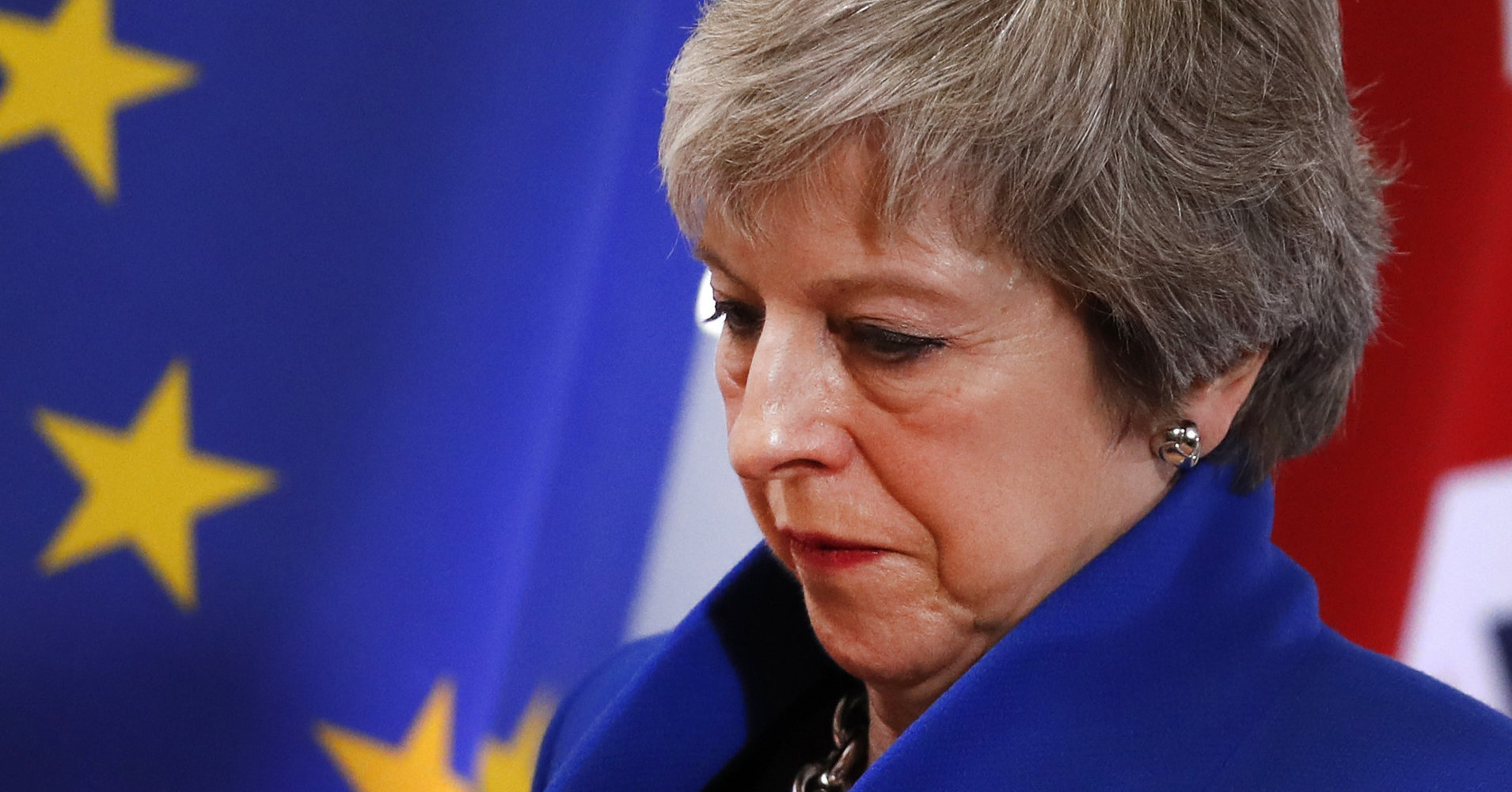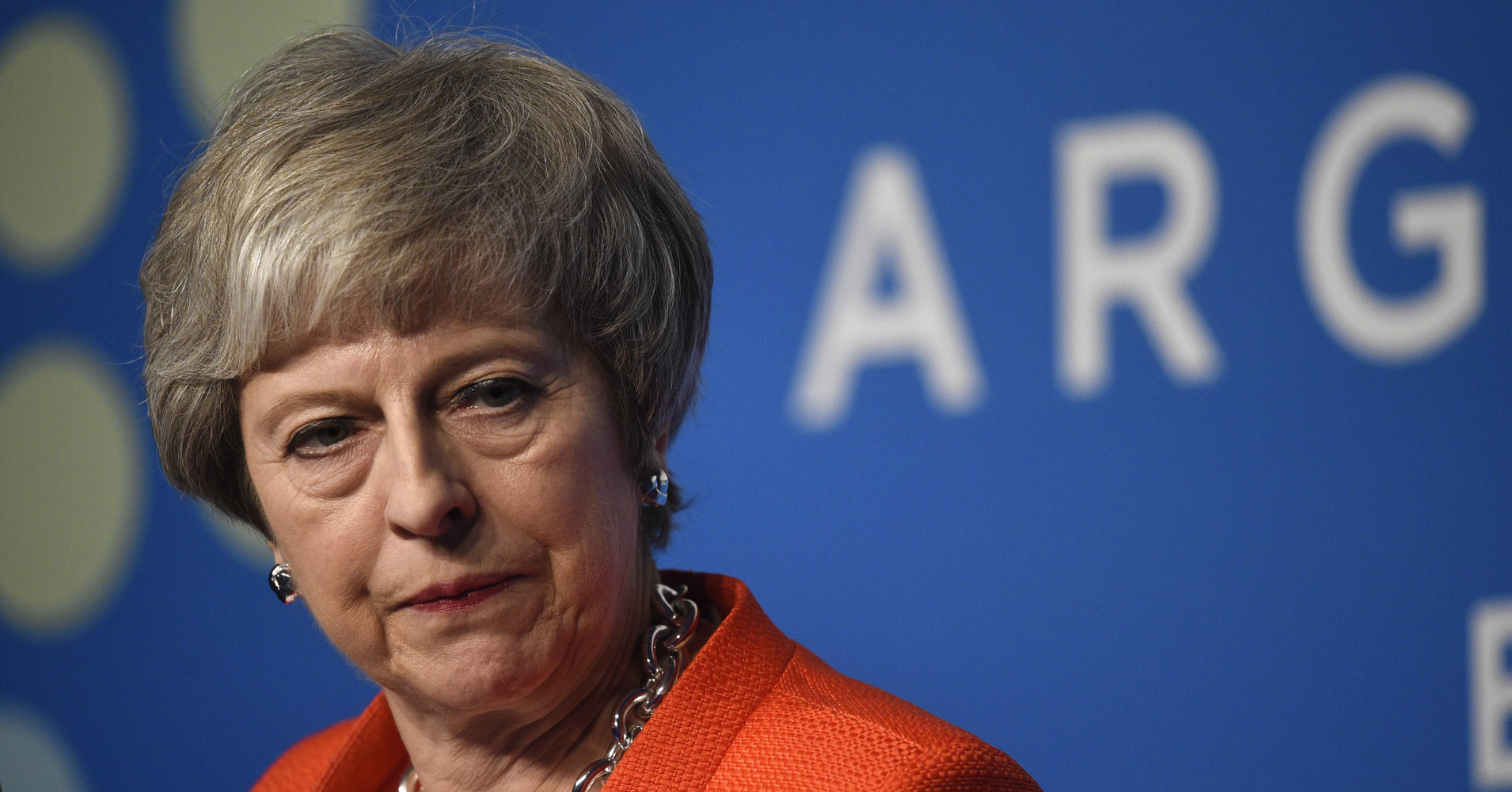
The European Court of Justice has ruled that the UK can decide on its own to revoke its withdrawal from the European Union.
Monday’s ruling comes the day before a crunch House of Commons vote on the Prime Minister’s Brexit deal, which she is anticipated to lose amid opposition from all sides.
The ECJ judgment read: “The Full Court has ruled that, when a Member State has notified the European Council of its intention to withdraw from the European Union, as the UK has done, that Member State is free to revoke unilaterally that notification.
“Such a revocation confirms the EU membership of the Member State concerned under terms that are unchanged as regards its status as a Member State and brings the withdrawal procedure to an end.”
This is as long as a withdrawal agreement has not been enacted or concluded, and the possibility lasts until the end of the negotiation period which follows the triggering of Article 50.
It comes as the European Court of Justice issued non-binding advice that Britain could revoke Article 50 and halt Brexit, without other EU member states having to agree on it.
Manuel Campos Sanchez-Bordona, the ECJ advocate general, last week said Article 50 allows the “unilateral revocation of the notification of the intention to withdraw from the EU, until such time as the Withdrawal Agreement is formally concluded”.
The case was put forward by a group of cross-party politicians including Labour MPs, Green MSPs and SNP MPs, represented by Jolyon Maugham QC of the Good Law Project.
Among them were Labour MP Chris Leslie and Tom Brake MP of the Lib Dems.
“We think that the option to stay as a member of the EU, on our current terms, is a credible and compelling alternative, to be considered in the national interest, right through Parliament’s voting on Brexit,” they said.
But lawyers for the government argued the case was inadmissible because it is dealing with a hypothetical situation as the government’s policy is not to revoke Article 50.
Additionally, legal representatives for the Council of the European Union and from the European Commission believe revocation is possible, but that all EU member states would have to agree on this unanimously.
What Is Article 50?
Article 50 of the EU’s Lisbon Treaty is a clause which details the formal withdrawal process for a member state wishing to leave the bloc.
One triggered, it is followed by a negotiation period of up to two years during which a withdrawal agreement is reached between the EU and the UK in this case.
The government triggered it on March 29, 2017, meaning the UK will cease to be a member of the European Union on that exact date next year.
What Happens If The PM Loses The Meaningful Vote On Tuesday?
A loss in the Commons could lead to the loss of her job as a vote of no confidence in her leadership would likely follow.
Otherwise, Theresa May might seek to renegotiate the withdrawal agreement in Brussels, or could face MPs pushing for a softer “plan B” option in the form of a Norway-style deal.
This option could see Britain staying in the European Economic Area and therefore the single market, which would reduce trade barriers with the bloc, and see a continuation of freedom of movement.
The last resort could be a risky no-deal Brexit, which May has warned against.
This would see the UK cut off cold from the EU with potentially dire consequences. The Bank of England has warned the economy could be plunged into crisis and the pound could crash.
Brexiteers, on the other hand, are much more optimistic about this option, saying that no-deal is better than the one currently on the table.
What Are The Chances Of A Second Referendum?
Calls for a People’s Vote are growing louder, and could gain even more traction after today’s ruling.
Cabinet members business secretary Greg Clark and justice secretary David Gauke are among those who believe another vote is likely, according to The Telegraph.
But May has repeatedly ruled out the move.
RELATED…





